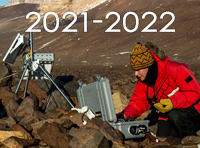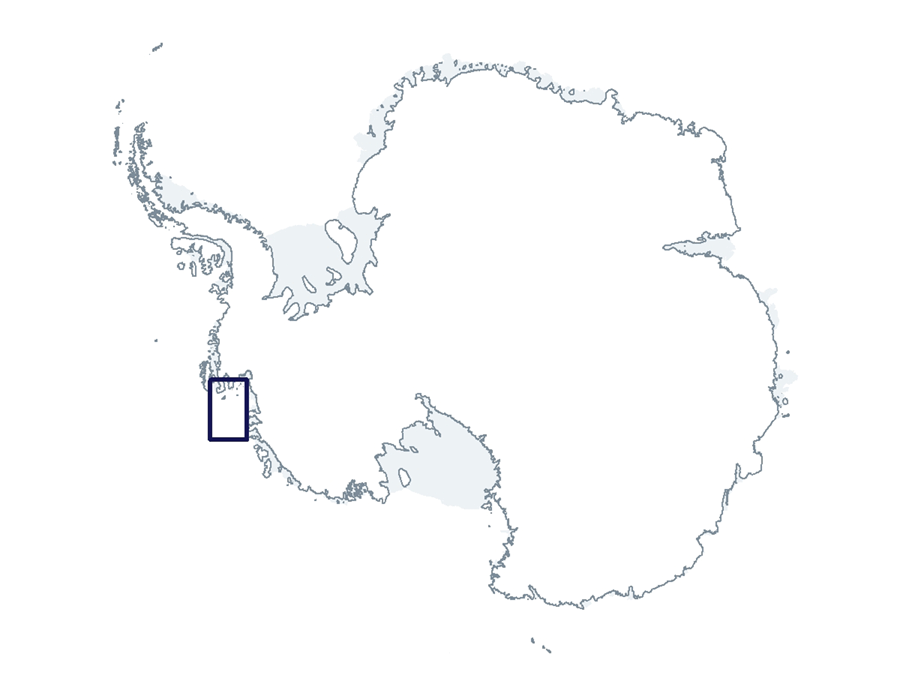2021-2022 USAP Field Season
Project Detail Project TitleRAPID: International collaborative airborne sensor deployments near Antarctic ice shelves Summary
Event Number:
Program Director:
ASC POC/Implementer: Principal Investigator(s)
Dr. Jamin S Greenbaum
Location
Supporting Stations: Special Project DescriptionThis project acquires snapshot profiles of ocean temperature, salinity, velocity, and bathymetric knowledge where there are no prior data near three glaciers draining substantial sea level potential from the East and West Antarctic Ice Sheets. In West Antarctica, the 2022-23 season, helicopters operated from the RV Araon icebreaker were used to deploy airborne expendable conductivity, temperature, and depth (AXCTD) and airborne expendable current profiler (AXCP) sensors into perennial rifts in an area of the Thwaites Glacier Tongue experiencing high basal melt rates. In East Antarctica, near the Shackleton and Cook ice shelves, a fixed-wing aircraft is to be used to deploy grids of AXCTD, AXCP, and airborne expendable Bathy-Thermograph (AXBT) sensors, and to acquire new airborne gravity data useful for inferring seafloor bathymetry. High-resolution, MIT general circulation model (MITgcm) simulations are used to optimize sensor targeting and improve the interpretation of results. Field Season OverviewThis project does not require logistical support from the USAP. However, the USAP will provide advice and assistance with physical qualifications, travel (self-ticket), accommodation, quarantine, training, and other project related matters where practical and feasible. The West Antarctic work will be conducted with the Korea Polar Research Institute (KOPRI), which will provide cold weather clothing and other necessary supplies related to the helicopter fieldwork. The East Antarctic work (now delayed by COVID by at least one season) will be conducted with the Australian Antarctic Division, which will provide clothing and related supplies. Deploying Team Members
|
2021-2022 Science Planning Summaries



For USAP Participants |
For The Public |
For Researchers and EducatorsContact UsNational Science FoundationOffice of Polar Programs Geosciences Directorate 2415 Eisenhower Avenue, Suite W7100 Alexandria, VA 22314 Sign up for the NSF Office of Polar Programs newsletter and events. Feedback Form |



